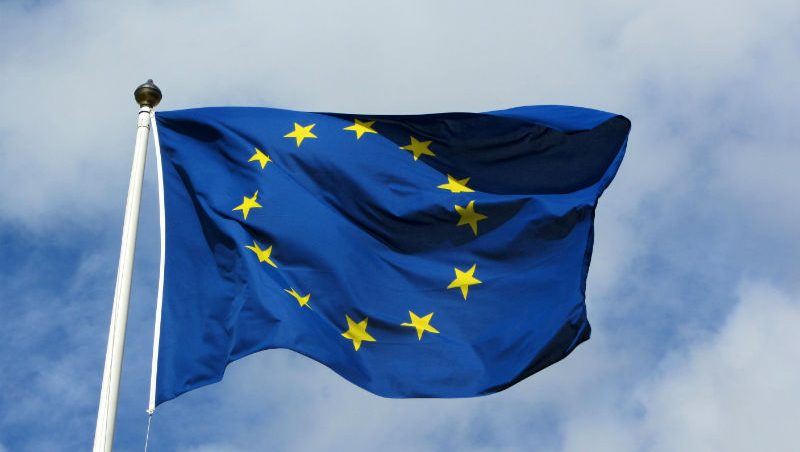
The European Union (EU) warned Sri Lanka that trade between the two regions “is not a one-way street,” as it expressed concern over Colombo’s import restrictions and withdrawal of support for the United Nations Human Rights Council Resolution on accountability.
“As COVID-19 continues to bring a number of challenges, we, the Colombo-based Heads of Missions representing the European Union and its Member States, held a series of high-level meetings, including with Foreign Minister Gunawardena,” said a statement released this morning.
“Not least due to these unilateral trade preferences, the EU is the second biggest export market for Sri Lanka worldwide,” it added. “Trade, however, is not a one-way street.”
“The current import restrictions are having a negative impact on Sri Lankan and European businesses, and on Foreign Direct Investment. Such measures impair Sri Lanka’s efforts to become a regional hub and negatively impact Sri Lankan exports by constraining the import of raw material and machinery. We recall that a prolonged import ban is not in line with World Trade Organisation regulations.”
Earlier this month, the EU aired concerns about Sri Lanka’s import ban, highlighting the controversy of the “unfair” ban which prevents the outflow of foreign exchange.
“Sri Lanka’s withdrawal of support for the United Nations Human Rights Council Resolution 30/1 remains a source of concern,” the EU added. “The Government has stated its continuing commitment, including to the EU, to fostering reconciliation, justice and peaceful coexistence among Sri Lanka’s diverse communities. The EU stands ready to support the Government’s efforts in this area. The rule of law and a vibrant civil society are essential in this regard.”
See the full statement here.
The statement from the EU comes even though it was announced that Sri Lanka will continue to benefit from the GSP+ trade preferences despite being in breach of many conventions.
"The EU GSP+ scheme will be available for a period ahead until there is reclassification," Thorsten Bargfrede, the Deputy Head of the EU Delegation, reportedly said at a webinar titled 'GSP+ for Enhanced Market Access'.
Sri Lanka lost access to the trade concession due to its abysmal human rights record in 2010. Access was reinstated in 2017 and was met with criticism from human rights organisations and Tamil civil society.
Last year, exports enjoying EU GSP+ benefits amounted to $2.7 billion, up by 4% compared to the previous year.
We need your support
Sri Lanka is one of the most dangerous places in the world to be a journalist. Tamil journalists are particularly at threat, with at least 41 media workers known to have been killed by the Sri Lankan state or its paramilitaries during and after the armed conflict.
Despite the risks, our team on the ground remain committed to providing detailed and accurate reporting of developments in the Tamil homeland, across the island and around the world, as well as providing expert analysis and insight from the Tamil point of view
We need your support in keeping our journalism going. Support our work today.
For more ways to donate visit https://donate.tamilguardian.com.

